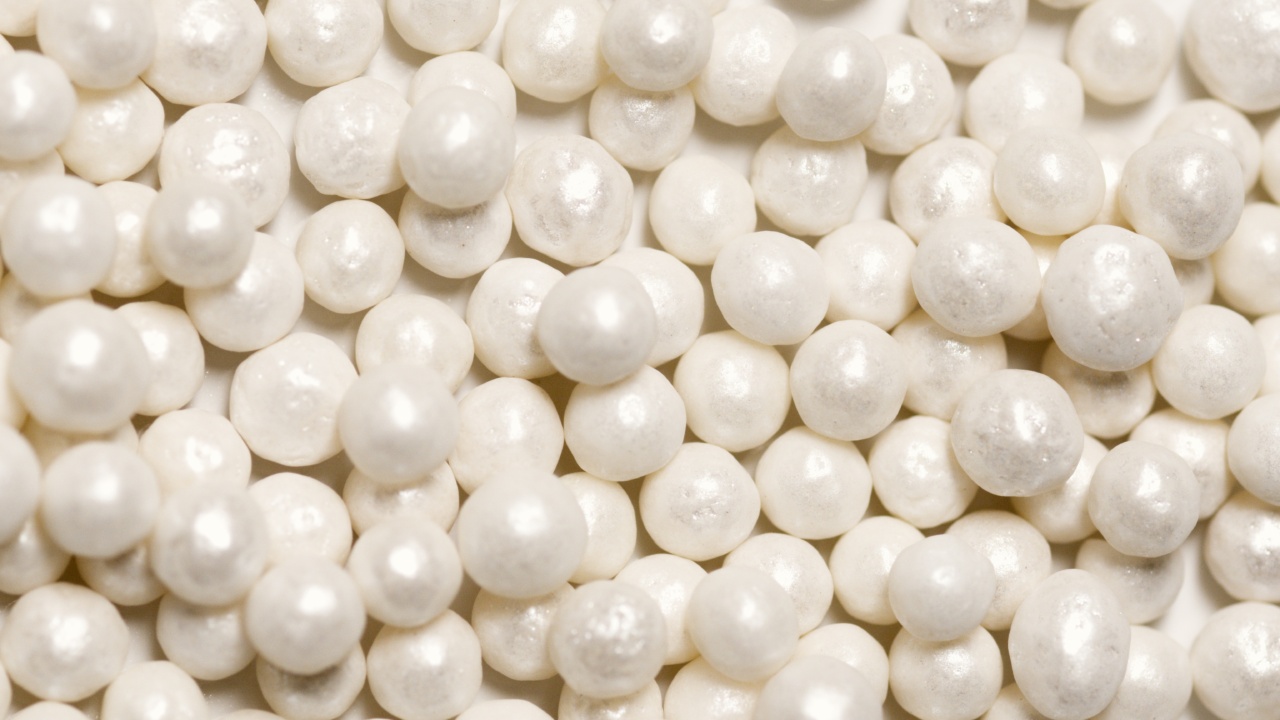Vitamin K is an essential nutrient that plays a crucial role in various bodily functions.
While most people are familiar with its role in blood clotting, there is another form of vitamin K, known as vitamin K2, that is gaining recognition for its importance in bone health.
The Basics of Vitamin K2
Vitamin K2, also known as menaquinone, is a fat-soluble vitamin that belongs to the vitamin K family. Unlike vitamin K1, which is primarily involved in blood clotting, vitamin K2 is involved in the regulation of calcium metabolism in the body.
Calcium and Bone Health
Calcium is a vital mineral that plays a significant role in maintaining strong and healthy bones. However, simply increasing your calcium intake is not enough to ensure optimal bone health.
The absorption, utilization, and distribution of calcium in the body are tightly regulated processes, and vitamin K2 plays a crucial role in these processes.
Activation of Osteocalcin
Osteocalcin is a protein that is responsible for binding calcium to the bone matrix and promoting mineralization. However, for osteocalcin to be activated and perform its role properly, it needs to be carboxylated.
This is where vitamin K2 comes into play.
Vitamin K2 acts as a cofactor for the enzyme responsible for carboxylation of osteocalcin.
Without sufficient vitamin K2, osteocalcin remains inactive and cannot effectively bind calcium to the bone matrix, leading to weak bone structure and increased risk of fractures.
Prevention of Arterial Calcification
In addition to its role in bone health, vitamin K2 also helps prevent arterial calcification. Arterial calcification occurs when calcium deposits build up in the arteries, leading to their narrowing and reduced blood flow.
This condition is a significant risk factor for heart disease and other cardiovascular complications.
Vitamin K2 activates another protein called Matrix Gla Protein (MGP), which inhibits the accumulation of calcium in the arterial walls.
By keeping calcium in the bones and preventing its deposition in the arteries, vitamin K2 helps maintain cardiovascular health.
Food Sources of Vitamin K2
While our body can produce small amounts of vitamin K2 through gut bacteria fermentation, dietary sources are the primary means of obtaining this essential nutrient.
Fermented foods are particularly rich in vitamin K2. Natto, a traditional Japanese dish made from fermented soybeans, contains the highest amount of vitamin K2, specifically the form known as menaquinone-7 (MK-7).
Other sources include fermented cheeses, such as Gouda and Brie, and fermented vegetables like sauerkraut.
Animal products, such as egg yolks, liver, and butter from grass-fed animals, also provide vitamin K2. However, the content can vary depending on the animal’s diet and other factors.
The Importance of Vitamin K2 Supplementation
While some individuals may obtain sufficient vitamin K2 from their diet, many people do not consume enough vitamin K2-rich foods to meet their daily needs.
Additionally, certain factors can hinder vitamin K2 absorption or increase its excretion, further increasing the risk of deficiency.
Older adults, individuals with certain medical conditions, digestive disorders, or those taking medications that interfere with vitamin K2 absorption may be at higher risk of deficiency.
The Role of Vitamin D
Vitamin D is another essential nutrient crucial for bone health. It aids in calcium absorption and works synergistically with vitamin K2 to promote optimal bone health.
Vitamin D helps regulate the synthesis and production of osteocalcin, while vitamin K2 ensures that the osteocalcin is properly activated and able to bind calcium to the bone matrix.
Therefore, it is important to maintain adequate levels of both vitamin D and K2 for optimal bone health.
Conclusion
Vitamin K2 is a crucial nutrient for promoting bone health and preventing arterial calcification.
By supporting the activation of osteocalcin and preventing calcium buildup in the arteries, vitamin K2 plays a significant role in maintaining strong and healthy bones and reducing the risk of cardiovascular complications.
While dietary sources such as fermented foods and certain animal products provide vitamin K2, supplementation may be necessary for individuals at risk of deficiency or those who do not consume enough of these foods.
It is also important to ensure adequate levels of both vitamin D and K2 for optimal bone health.






























